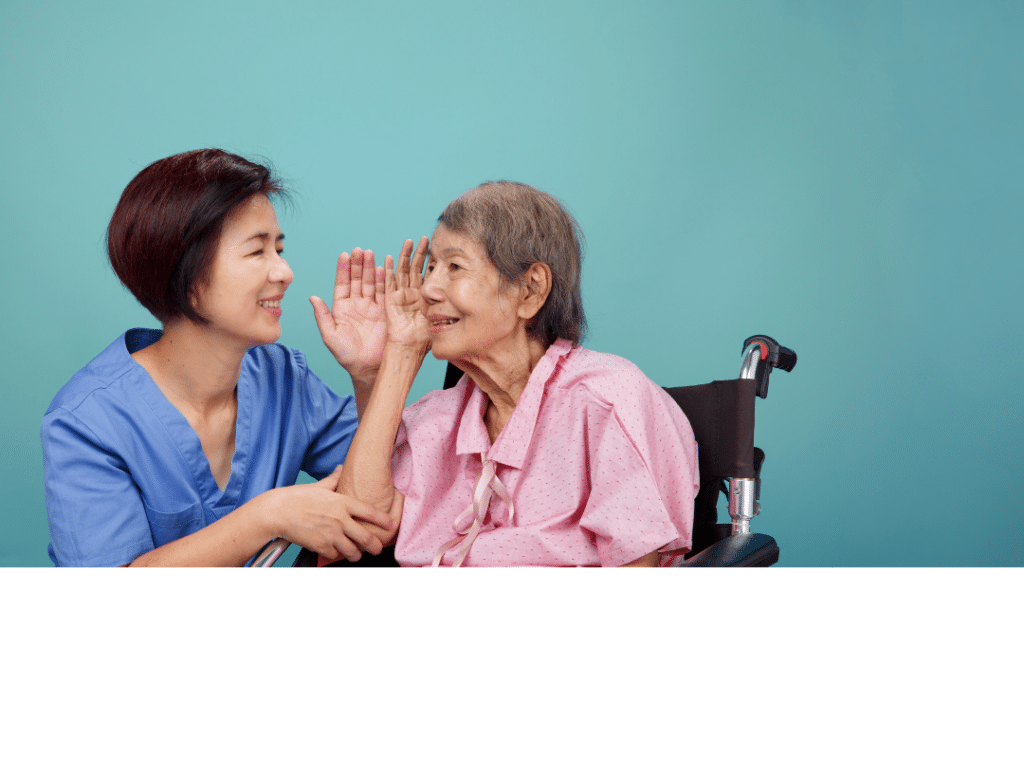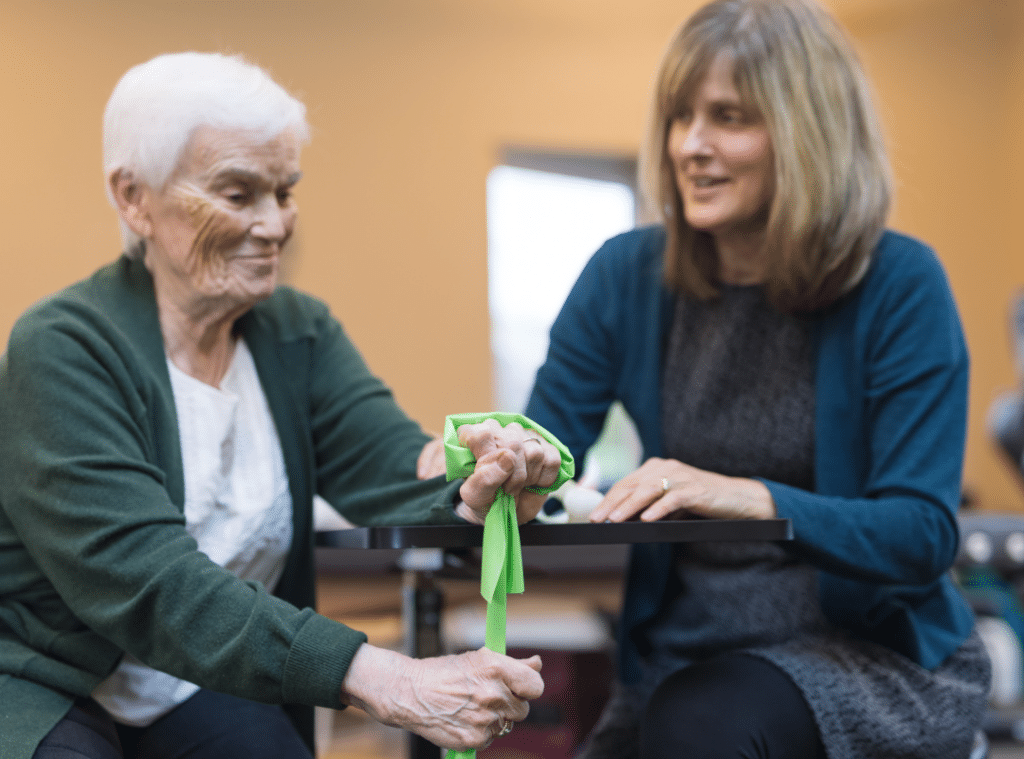Working With Elderly People: Tips for Compassionate Care
When working with elderly individuals at Westmont of Santa Barbara, balancing compassion and professionalism is key to providing exceptional care. Imagine the impact of small gestures on their well-being and sense of dignity. By implementing a few practical tips and strategies, you can enhance the quality of care you offer and create a more fulfilling experience for both you and the seniors you work with. Let’s explore how simple actions can make a significant difference in the lives of the elderly.
Building Trust and Rapport
Building trust and rapport with elderly individuals is essential in providing compassionate care. To achieve this, active listening and empathy building are key components. When interacting with the elderly, it’s vital to truly listen to their words and non-verbal cues. Engage in active listening by maintaining eye contact, nodding, and paraphrasing what they’ve shared to show understanding. This not only helps you comprehend their needs but also makes them feel valued and respected. Empathy building goes hand in hand with active listening. Put yourself in their shoes and try to understand their emotions and perspectives. Empathy can be conveyed through kind words, gentle gestures, and a warm demeanor. Additionally, offering support networks can provide tailored resources and services for their well-being.
Effective Communication Techniques
To effectively communicate with elderly individuals, it’s important to understand the nuances of their communication styles and preferences. When interacting with seniors, consider the following key techniques to enhance communication:
- Active Listening: Show genuine interest by focusing on what the elderly person is saying.
- Nonverbal Communication: Pay attention to body language and facial expressions to better understand their feelings.
- Use Clear and Simple Language: Avoid complex terms and speak slowly and clearly.
- Encourage Feedback: Ask questions to guarantee comprehension and make the conversation two-way.
- Show Empathy: Demonstrate understanding and compassion towards their emotions and experiences.
Additionally, it is crucial to acknowledge the importance of involving parents in care decisions.
Dive into the vibrant life our Westmont communities have to offer.Find Where You Belong
Promoting Independence and Dignity
To provide quality care for elderly individuals, it’s essential to prioritize promoting their independence and dignity. Encouraging autonomy allows seniors to maintain a sense of control over their lives, fostering a feeling of empowerment and self-worth. When assisting with daily tasks, always offer choices and involve them in decision-making processes. Respecting boundaries is pivotal in upholding their dignity.
Always seek consent before providing care, ensuring they feel comfortable and in control of their personal space. Acknowledge their preferences and routines, adapting your approach to suit their needs and preferences. By promoting independence and dignity, you aren’t only enhancing their quality of life but also showing them the respect they deserve. Seniors thrive when they have the freedom to make choices that contribute to their well-being and fulfill their individual needs.

Understanding Aging and Health Issues
As you continue to engage in compassionate care for elderly individuals, it becomes increasingly important to understand the complexities of aging and the various health issues that may arise.
Health education and awareness play a pivotal role in providing effective care for the elderly. Understanding the aging process is essential in anticipating and addressing the unique health challenges they may face. Here are some key points to keep in mind:
- Nutritional Needs: Proper nutrition is essential for maintaining health and vitality in elderly individuals.
- Mobility Challenges: Aging can bring about mobility issues that require special attention and care.
- Cognitive Health: Cognitive decline is a common concern, requiring strategies to support cognitive function.
- Chronic Conditions: Many elderly individuals live with chronic health conditions that need ongoing management.
- Medication Management: Keeping track of medications and understanding potential interactions is crucial for promoting well-being.
- Regular check-ins with healthcare providers can help monitor health concerns and ensure proper care is provided.
Creating a Safe and Comfortable Environment
Creating a safe and comfortable environment for elderly individuals is essential to ensuring their well-being and quality of life. Personalized routines play a significant role in providing a sense of familiarity and security for seniors. By tailoring daily schedules to match their preferences and habits, you can help them feel more at ease and in control. In memory care living communities, personalized care plans are crafted with residents’ uniqueness in mind, ensuring a comprehensive and inclusive approach to their well-being. Encouraging familiar surroundings, such as cherished belongings or favorite decorations, can also contribute to a calming atmosphere and reduce feelings of disorientation.
In addition to personalized routines and familiar surroundings, ensuring the physical safety of the environment is vital. Simple modifications like installing grab bars in bathrooms, removing tripping hazards, and adequate lighting can prevent accidents and promote independence.
Regularly evaluating and addressing any potential risks in the living space is key to maintaining a secure environment for elderly individuals.
To sum up, when working with elderly individuals at Westmont of Santa Barbara, remember to always prioritize trust, communication, and respect. By fostering a compassionate and understanding approach, you can provide the best possible care for those in need. Remember to keep in mind that “Rome wasn’t built in a day” – progress takes time, patience, and dedication. Your commitment to their well-being will make a meaningful impact on their lives. For more information, please contact us at 805-845-4921.








